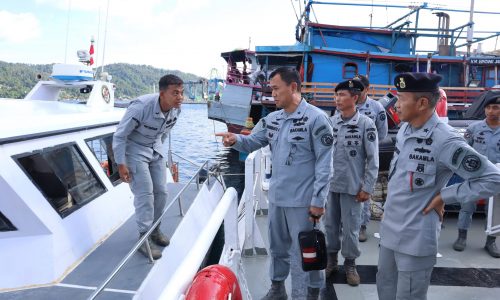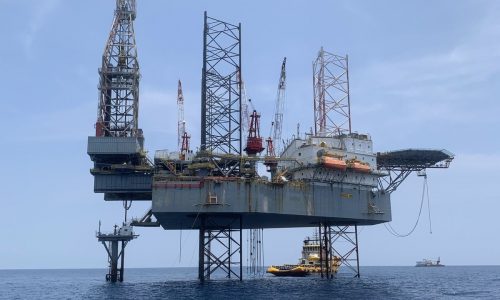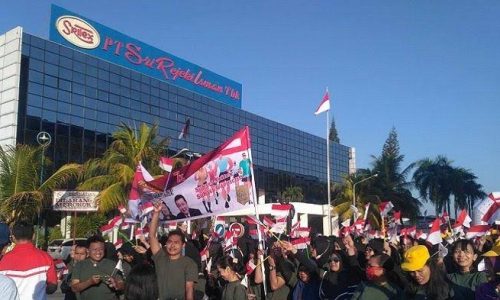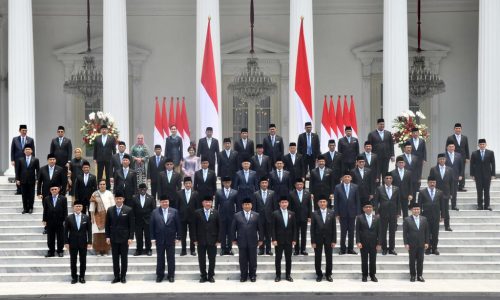The Indonesian government plans to shut down several problematic state-owned enterprises (SOEs), including State-owned construction company PT Amarta Karya, following comprehensive assessment conducted throughout 2023.
The company traces its origins back to 1960 when two firms, NV Lindeteves Stokvis and Fa. De Vri’es Robbe, merged to form NV Constructie Werkplaatsen De Vri’es Robbe Lindeteves in Semarang. The merger resulted in “Robbe Linde & Co,” a company specializing in steel construction. Amarta Karya operates in construction, manufacturing, and investment sectors, with its headquarters located in Bekasi, West Java.
Currently, PT Amarta Karya (Persero) is involved in manufacturing, infrastructure, building, EPC (Engineering, Procurement, and Construction), and property development. The company’s vision is to become a leading sustainable manufacturing, construction, and investment firm in Indonesia.
Recently, 14 BUMNs have been identified as troubled, and their futures are currently under review by the Asset Management Company (PPA).
During a meeting with Commission VI of the House of Representatives (DPR) on Monday, June 24, PT Danareksa President Director Yadi Jaya Ruchandi revealed that out of the 14 SOEs under scrutiny, six are at risk of being dissolved due to financial issues, including PT Amarta Karya.
Financial and legal troubles
Despite its ambitions, Amarta Karya is facing significant challenges. The company is undergoing a Suspension of Debt Payment Obligations (PKPU) process with several investors due to its Bukit Algoritma project.
Additionally, Amarta Karya is embroiled in a legal case involving alleged corruption related to fictitious projects. This case stems from an earlier corruption case implicating PT Amarta Karya’s former President Director Catur Prabowo and former Finance Director Trisna Sutisna.
Previously, the Corruption Court at the Bandung District Court found Catur Prabowo and Trisna Sutisna guilty of corruption involving fictitious projects at Amarta Karya.
Catur was sentenced to nine years in prison and fined Rp1 billion (US$61,030), with an additional eight months of imprisonment if the fine is not paid. He was also ordered to pay Rp30.1 billion in restitution.
The pair were found to have created 60 fictitious procurement projects, with Trisna personally profiting Rp1.3 billion. The corruption case caused the state a financial loss of Rp46 billion.
Among the fictitious projects were the construction of the Pulo Jahe housing complex in East Jakarta, the development of sports facilities at the State University of Jakarta (UNJ), and the construction of a Biosafety Level 3 laboratory at the State Padjadjaran University (Unpad).
The government’s decision to close problematic SOEs like Amarta Karya underscores its commitment to addressing financial mismanagement and corruption within state-owned enterprises, ensuring better governance and accountability in the sector.










